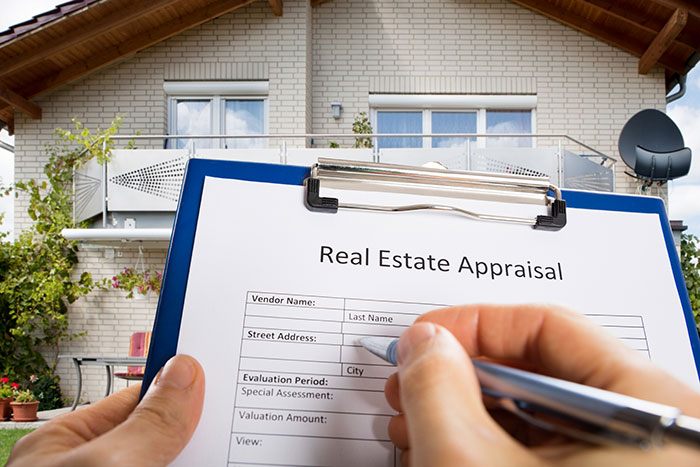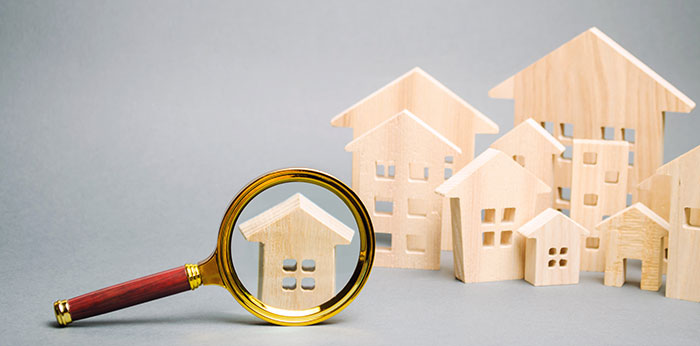Committed to making your mortgage approval process stress free and efficient for over 25 years, Sunlite Mortgage is one of Toronto, Canada’s leading mortgage brokerages.

A home appraisal is a professional, unbiased third-party assessment of the home’s value. If you’re buying, selling, or refinancing your home, an appraisal will factor in a home’s condition, location, and a host of other criteria to determine whether or not it’s worth the listing price. If you’re refinancing, an appraisal will ensure that a bank doesn’t loan more money to you than the home is worth, which is used as part of a lender’s loan-to-value (LTV) assessment. The appraisal helps the bank protect itself from lending more than it can get back if the borrower defaults on the mortgage.
The average number of days on market for a home in Toronto is 11, but if you’re one of the thousands of people putting in an offer, it can feel like a whole lot less. It’s hard enough to buy a home in Ontario without property panic settling in. Across the province, homes of every size and shape are selling over asking due to inventory supply and demand; namely, there is a deficit in the former and a virtual explosion of the latter.
Whether you’re selling your home, buying a home, or refinancing an existing mortgage, the home appraisal process is essential. Whether you’re a homeowner hopeful or looking to sell, you need to understand how the appraisal process works and how a home’s value is determined by an appraiser. Here’s what you need to know about home appraisals and what you can do to protect your ‘happily ever after’.
Typically, the lender will order the appraisal as it’s executed to protect the bank’s interests. Generally, the borrower will cover any appraisal fees, which can cost hundreds of dollars.
The appraisal value of a property can be influenced by a number of factors, including:
The appraiser will complete a full visual inspection of the inside and outside of the home while noting anything that could affect the property’s value, such as structural damage. Based on their observations, the appraiser will provide an analysis of the property’s value.

If you’re buying a home, an appraisal is part of the closing process. If the appraisal is evaluated at or above the sale price of your potential home, both parties can proceed with the transaction. If the appraisal results are lower than the listed price, the transaction can be delayed. While the bank won’t lend you more than the home is worth, a potential buyer can leverage the appraisal to negotiate a lower purchase price.
If you’re the seller, a low appraisal can seem unfair or even inaccurate. You do have the option of finding a second opinion with another appraiser or plead your case with factual information to the original appraiser to see if you can edit the evaluation.
If the value of your home has been reduced due to similar properties in the neighborhood going through foreclosure, short sale, or other economic downturns, you may have to lower the price of your home in order to sell.
An unexpectedly low appraisal can definitely keep you from refinancing a conventional mortgage. To be approved, your home must be appraised at or above the requested loan amount. You don’t want to start refinancing your mortgage without knowing the value of your home as a shortfall could derail your financial planning. Find out how much your home is worth before you start your refinancing.
Even in a volatile market with lots of competition, understanding the appraisal process will ultimately be beneficial to you and your family. Whether you’re buying, selling, or refinancing, working with the right people will get you in the property game with a home you can manage financially.
At Sunlite Mortgage, we’ll review your goals and offer solutions that work for you. Contact us or fill out our free, no-obligation Home Value Report and find out how we can help you get the most out of homeownership.